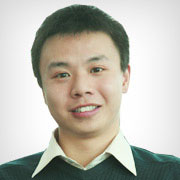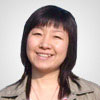����|һ�� ���� ��r(ji��)�� �O(ji��n)�펟 ��ԃ(x��n)�� ��ȫ�� �Y(ji��)��(g��u)�� ���r(ji��)�� ��r(ji��)�T����(hu��)Ӌ(j��)| ��(hu��)Ӌ(j��)�C ��(hu��)Ӌ(j��)�Q(ch��ng) ע��(hu��) ��(j��ng)��(j��)�� ����(w��)�����t(y��)�W(xu��)| �l(w��i)���Y�� �t(y��)�� ˎ�� [����]













